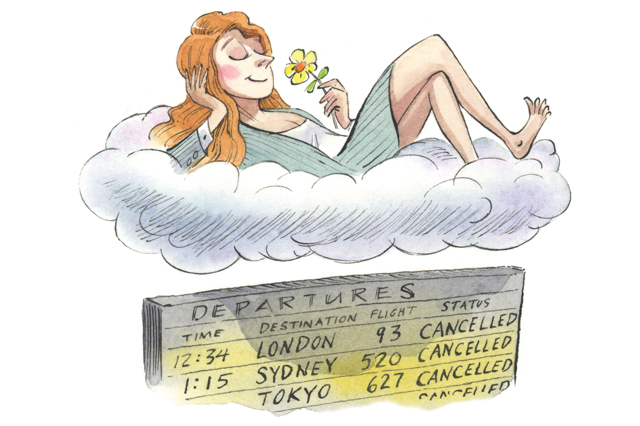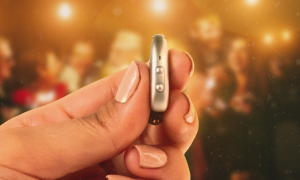Travel by air often enough and you’re almost certain to have a flight canceled or delayed. This is never pleasant, but there are things you can do to make it less awful.
Start by being prepared. Weather-related delays are the easiest to anticipate. Look up the forecast at your location, destination and the airports you’re traveling through. Get ahead of the game by knowing how your airline deals with weather delays, what alternate flights are available and where you can get a hotel reservation.
Have your phone charged, your airline’s app downloaded and your frequent flyer phone number and/or the number of a travel agent in your contacts.
And if you find yourself faced with a delay or cancellation, try a little mindfulness.
“Between the moment I hear that my flight is canceled and the moment I react, there’s a space, and that’s where choice, possibility and freedom is,” said Elisha Goldstein, founder of the online Mindful Living Collective. “With mindfulness, we widen that space and we’re more aware of the choices. And then we make the best decision based on that instead of a snap decision that we might later wish we hadn’t made.”
So, instead of yelling at the gate attendant, downing a bag of potato chips or drowning your sorrows at the bar, remember the acronym STOP:
- Stop and be still.
- Take a breath or two.
- Observe tension in the body and try to relax and release it.
- Proceed by focusing calmly on what you need to do.
Another helpful technique is what Goldstein calls being the “ambassador of compassion.” If your flight is canceled or delayed, there’s a plane full of people nearby with exactly the same problem. Realize you’re not alone and focus on the sentiment “may we all be at ease” to help yourself feel calm and connected.
“When we’re in heavy emotional states, you see a retraction of blood flow from the part of your brain that’s involved with impulse control, with emotion regulation and also just conscious perspective,” Goldstein said. “Being able to soften the body, release and relax allows you to bring blood flow back to that area right behind your forehead, called the prefrontal cortex.”
With the blood flowing where it needs to, you’ll feel more of a sense of control and make better choices.
These methods might not get you to your destination more quickly, but they can help you to enjoy yourself more when you get there – and along the way.
To read more articles about travel-related health topics, visit AAA.com/LiveWell.













